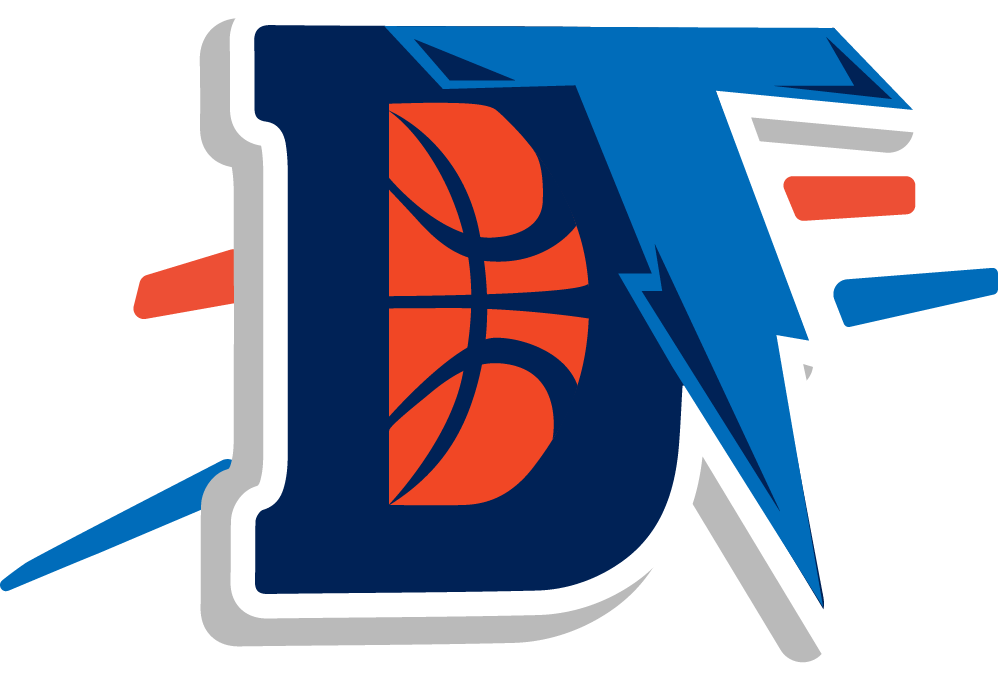Systematic problems
Tremendous stuff from Tim Donahue of 8 Points, 9 Seconds on what the real issues are in this labor negotiation:
In 2010-2011, negotiated salaries totaled about $2.02 billion. If my lists above are reasonable, about 37% of that sum was tied up in bad or under-performing contracts. If you assume that only half of that 37% can be considered “wasted” money (because those players of course did offer some production), it means the owners threw away about $375 million in salaries.
Yet, they still had to write a check for $26 million to reach their 57% promise to the players. What this means is that if the owners had made none of their myriad mistakes, they would have realized a savings of … wait for it …
Zero dollars.
Yep.
Had the owners been as smart and efficient as they possibly could have been when signing players it would not have provided any savings whatsoever. It merely would have resulted in a larger check being written to the players — even after the escrow payout — to fulfill the 57% of BRI that players are guaranteed under the system currently in place.
Would that check have been for $100 million? $200 million? $400 million?
I’ll just let you think about that for a second.
Now, it’s kind of a common feeling that while the NBA’s system has issues, at the same time a lot of this mess was caused by bad business by owners. This is otherwise known as the Travis Outlaw Rule. Give a marginal player $6 million that he absolutely does not deserve and that’s why you find yourself in a position to lose money. Tom Ziller’s excellent “This Is Why We Can’t Have Nice Things” series is summing all of that up wonderfully.
In the current system, owners are on the hook for 57 percent of the BRI — no matter what — to go to player salaries. That’s why as Ken Berger of CBSSports.com reported a few weeks ago that owners owed the players some $126 million. Revenues were up so much that in order to meet that 57 percent, some extra cash had to be dropped.
So point is, owners can “save” all they want. In the end, they’ve got to pay that money out. You could choose to not pay Travis Outlaw $6 million or Gilbert Arenas $500 million or whatever he makes. That would definitely save you money in terms of not losing it on crappy players. But in the end, you still owe the players 57 percent of everything you made, whether you give it to them in a contract or in an escrow payout.
Better business can absolutely spare that at the same time though. It’s not just player salaries that are hurting owners, even though that’s what the owners are primarily blaming. The costs everywhere have risen. For example, chartered travel costs a ton now.
There are a bunch of factors as to why the league says it’s losing money. Player salaries are a part of it, and a big part. But really, as I’ve said all along, the system is just as much a problem and it needs fixing. Even the players have acknowledged that as they previously agreed to scale back their percentage of BRI to 54 percent in one bargaining session. The owners want more though, because as the league’s revenues skyrocket over the next 10 years, they don’t want to be stuck paying out $125, $150 or $200 million in escrow after each season.
It’s a complicated matter, this lockout.
